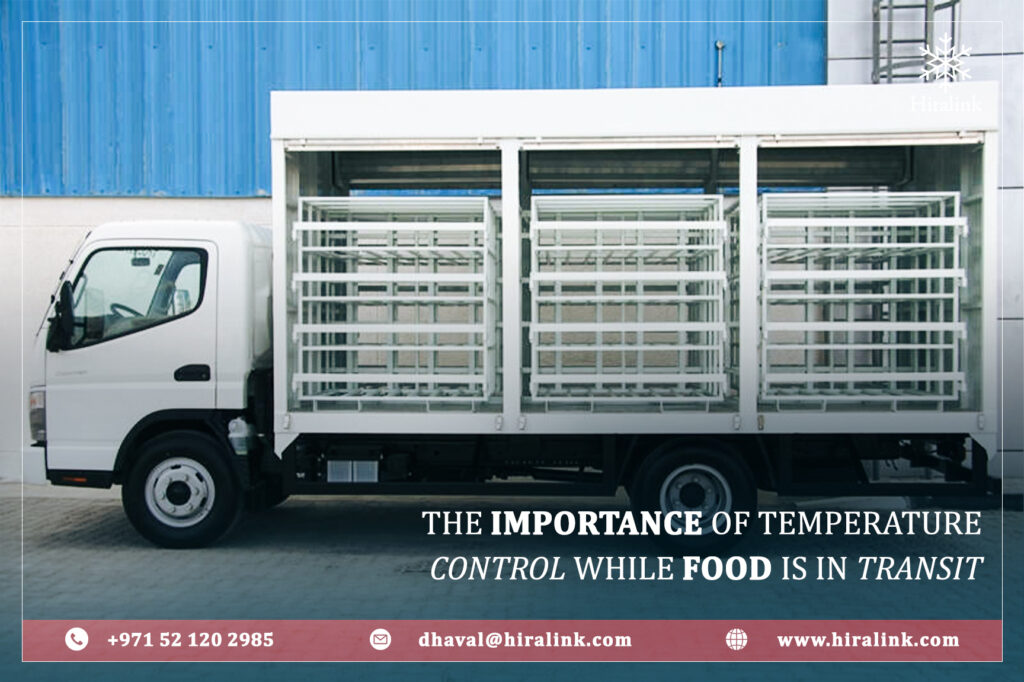Maintaining the proper temperature during the food transportation is a top priority. Not keeping the right temperature while food is in transit can cause serious health issues. According to a recent survey, spoiled food causes an estimated 5.4 million episodes of gastroenteritis in Australia every year, resulting in the disposal of $5.2 billion worth of food. This has resulted in an increase of upright chilled transport businesses, whose main duty is to convey your food safely.
When food is transported at the wrong temperature, it can seriously harm customers’ health. Let’s look at the importance of temperature control while food in transit-
- A bacterial infestation is the most frequent and manifest problem that occurs when food is carried improperly temperature-controlled. Food weakening and food poisoning result from this.
- Eating exaggerated food will result in diarrhea. Children, elderly people and pregnant women are the weakest, and it might even be dangerous for them.
- According to the Food Bank, “7.6 million tons of food is wasted in Australia every year.” To reduce food depletion, the supply chain needs to ensure that foods are delivered in ideal conditions.
- If the temperature of the food is not correctly controlled during transportation, then this can lead to food decomposition and wastage.
- It might be difficult to get food in the best possible situations from farm to table. Food quality can be increased by confirming that it is transported at the proper temperature. Perishable items can survive longer and arrive in good condition when transported in a refrigerator. Transporting foods at the proper temperature is vital for preserving the quality of fresh produce, dairy products, meats, and seafood.
- The entire supply chain must be kept refrigerated or frozen to maintain the perishable food’s quality. Lack of refrigeration can encourage the growth of infections and spoiling germs, causing perishable food to be out of the required temperature range and becoming poisonous. This is crucial if the product is frozen because it can’t just be frozen again after it has thawed. You are not able to use this item.
- At least once a day, you should check and record the temperatures in your refrigerator and freezer. A refrigerator needs to be repaired or replaced if it cannot store food at or below 8oC.
- Temperature changes might cause some foods to spoil more easily than others. Like- Ice cream will quickly melt if there is a trip-related equipment breakdown. Thus, it is important to regularly inspect chilled items to ensure their safety and conservation.
Conclusion-
If you want to save your food then consider these Important points of temperature control when your food is in transit.


